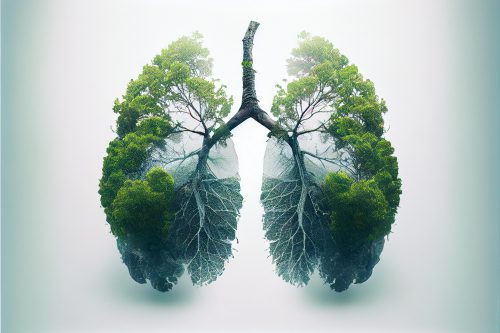Sustainable tourism on Bonaire vs. economic prosperity
Bonaire prioritizes eco-tourism, making it a unique and unspoiled destination. Its coral reefs are some of the best-preserved in the Caribbean. Balancing sustainability with economic prosperity is a challenge, but we can help by choosing eco-friendly accommodations and activities as visitors.
As the Caribbean continues to develop, Bonaire stands out for its unique approach to sustainable development. While other destinations have prioritized economic growth over environmental preservation, the opposite path has been taken by sustainable tourism on Bonaire.
The advantage of eco-tourism
Bonaire’s lack of sandy beaches has been turned into an advantage, as the island has focused on eco-tourism. This has attracted visitors who appreciate the island’s natural beauty and conservation efforts. With over 400 species of fish and a wide range of marine life, Bonaire’s coral reefs are some of the best-preserved in the Caribbean.
Balancing sustainability with economic prosperity
Some argue that Bonaire needs to embrace economic prosperity to ensure long-term sustainability. They believe that increasing the number of tourists and residents on the island will bring in more revenue, which can then be used to support conservation efforts.
However, many Bonairians disagree. They believe that the island’s current approach to sustainable development is its greatest asset, and one that should be preserved at all costs. For them, simplicity, tranquility, and purity are values that should not be sacrificed for the sake of economic growth.

The threat to Bonaire’s unique character
As Bonaire becomes more popular, there is concern that the island’s unique character may be lost. The recent trend towards larger and taller buildings is a particular cause for concern, as it threatens to overshadow the island’s natural beauty.
The question remains: what direction will the policymakers in Kralendijk take in the coming years? Will they focus on maximizing economic prosperity, or will they prioritize sustainable development? Ultimately, the future of Bonaire depends on striking a balance between the two.
Our responsibility as visitors
As visitors to the island, we have a responsibility to support sustainable tourism on Bonaire and respect the island’s natural environment. Here are some actionable steps we can take:
- Choose eco-friendly accommodations and activities, such as staying in a villa with a group, or going on a guided nature tour.
- Conserve water and energy during our stay, by turning off lights and air conditioning when leaving our room.
- Use environmentally friendly transportation, such as bicycles or electric cars, instead of renting a gas-powered vehicle.
- Purchase locally made and sustainable souvenirs to support the island’s economy and reduce our carbon footprint.
By taking these steps, we can help ensure that Bonaire remains a model for sustainable tourism in the Caribbean.

Bonaire is a Blue Destination
Bonaire is not only a model for sustainable tourism, but it is also recognized as a Blue Destination. This means that the island has been recognized for its commitment to sustainable ocean management. And of course the protection of its marine resources. Bonaire’s National Marine Park, which encompasses almost the entire coast of the island, is a prime example of its dedication to preserving its marine environment. The park is home to a diverse range of marine life and is a popular destination for snorkeling and diving. By promoting sustainable ocean management, Bonaire is setting an example for other destinations and demonstrating its commitment to protecting its natural resources for future generations.
The importance of sustainable tourism on Bonaire and responsible travel practices
Additionally, it is important to educate ourselves and others about the impact of our travel choices. We can learn about the local culture and customs, and show respect for the people and places we visit. By doing so, we can promote sustainable tourism and leave a positive impact on Bonaire.
Moreover, sustainable tourism can benefit both the environment and the local community. By supporting eco-tourism, we can help preserve Bonaire’s natural beauty and protect its fragile ecosystem. At the same time, sustainable tourism can create jobs and opportunities for the local community. This will boost the island’s economy in a responsible and sustainable way.
In conclusion, sustainable tourism is crucial for the future of Bonaire. As visitors, we can make a difference by supporting eco-friendly practices and respecting the island’s natural environment. By doing so, we can help ensure that Bonaire remains a unique and unspoiled destination for generations to come.
